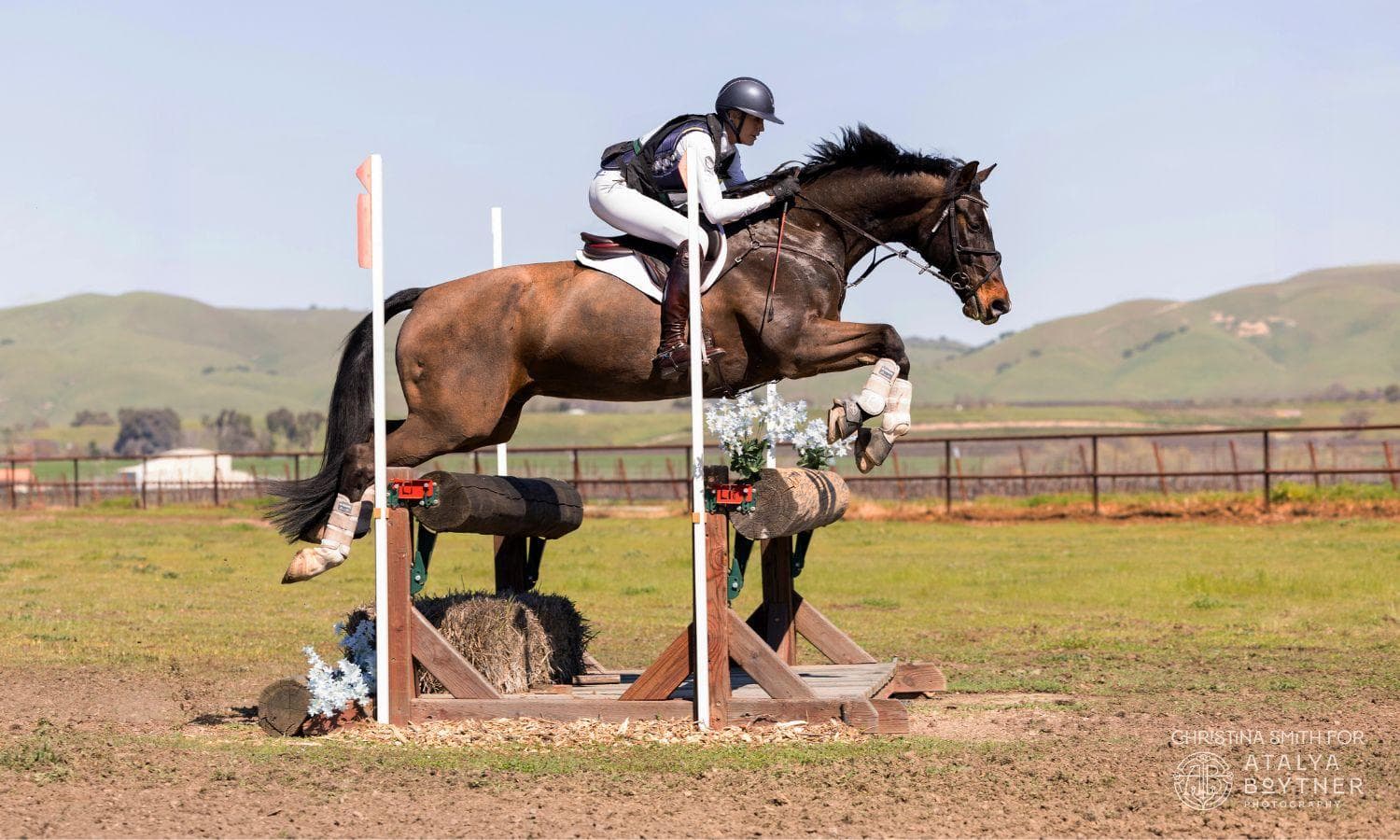Featured Clinician: Tamie Smith
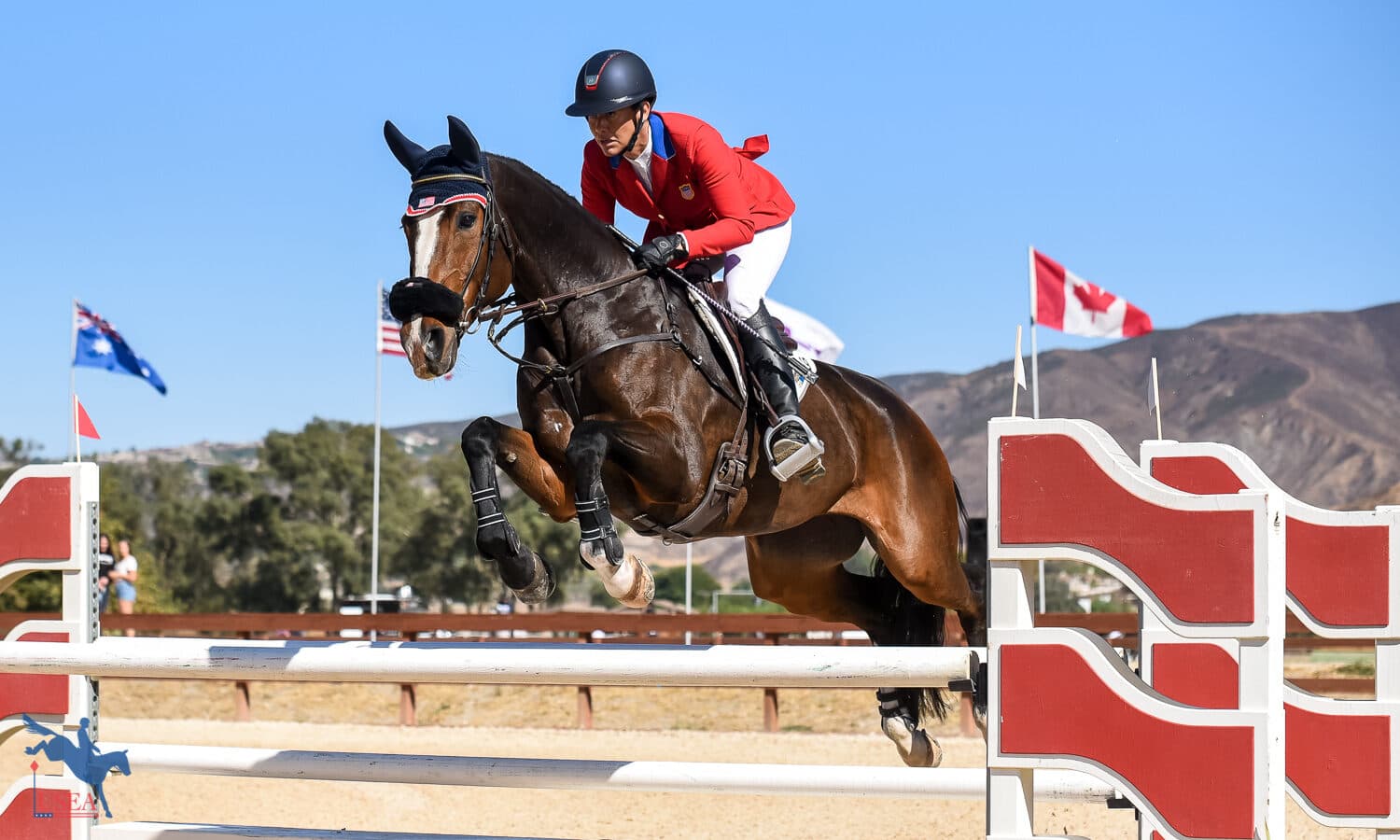
The Featured Clinician article series is provided through a partnership between STRIDER™ and the USEA.
“There are people who want to be right and people who want to get better.”
Tamie Smith is one of the latter. A member of the 2019 Pan American Games gold medal-winning team with multiple successes through the five-star level, Smith’s career is propelled by a desire for continued improvement and a commitment to good horsemanship.
“This is a lifelong sport that we are never good enough at. We are always trying to get better, whether we’re just learning to post the trot or we’re Mark Todd.”
Dedicated to learning as she develops her diverse string of horses through the upper levels, Smith seeks advice and takes lessons from top experts across disciplines. Her proactive and well-rounded approach to training has resulted in countless accolades at the national and international levels of eventing.
STRIDER caught up with Smith from her base in Temecula, California after a successful weekend of move-ups for her string of young horses at the Copper Meadows Horse Trials. Despite a sporadic competitive season this year due to the pandemic, Smith has used the break from horse shows to improve her horses and her riding. Currently named to the USEF Pre-Elite Training list with Mai Baum, Smith has been carefully implementing much of what she has learned from USEF Eventing High Performance Director, Erik Duvander.
“What has been really good about [Duvander] is that he’s trying hard to get everyone’s systems in place. Getting us to focus on the approach and the system and how to maintain that system when he’s not there. I think you can see a huge change in people’s results and programs because of his level of management and how he’s gotten everyone to get the right help.”
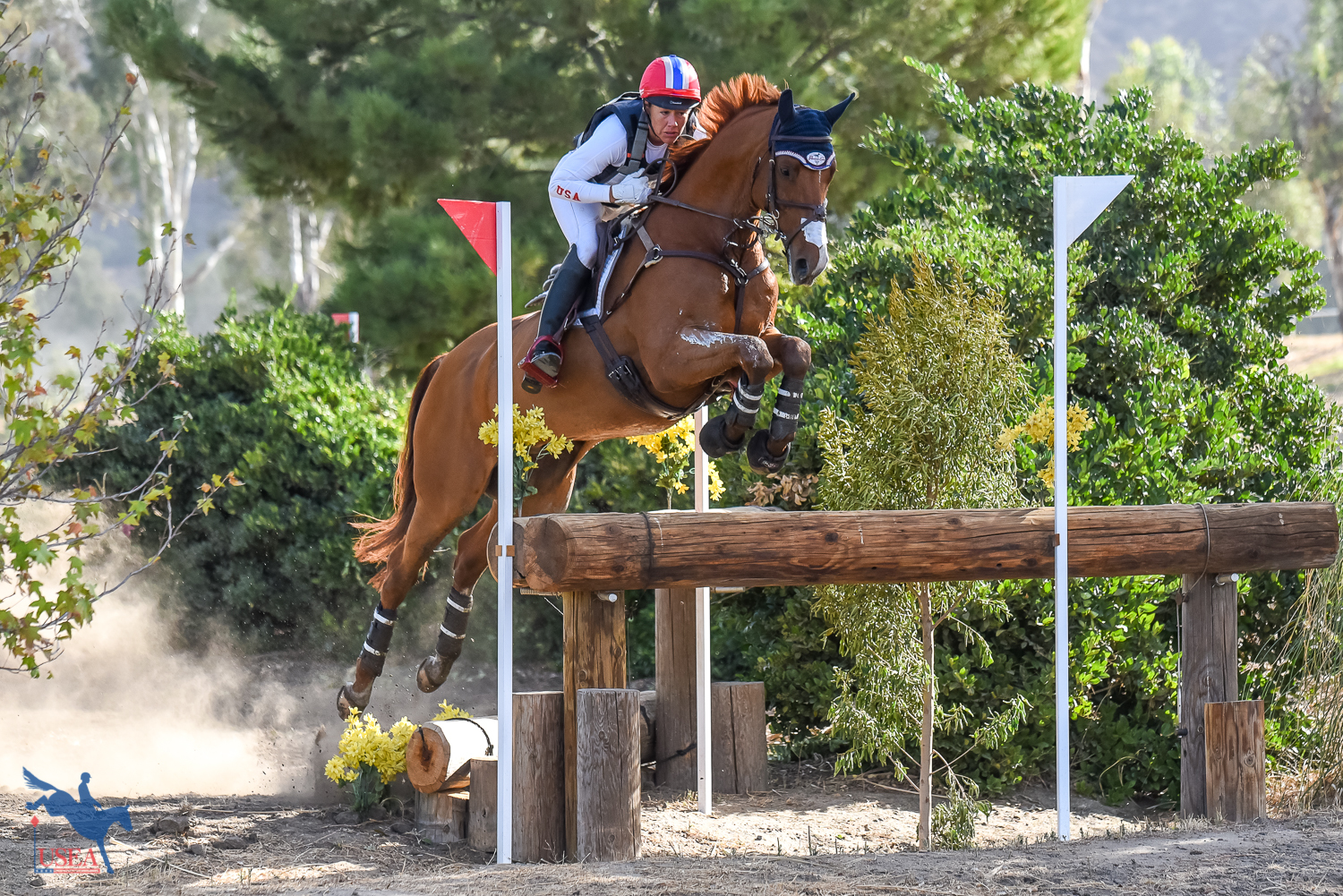
This approach translates well to Smith’s training and teaching philosophy. A much sought-after clinician certified through USEA ICP Level IV, Smith brings a unique training perspective and a positive approach to her lessons.
“I feel you can always improve and keep making improvements by building confidence. A big theme in my training and clinics is that it doesn’t matter what level you are, you can always be better - you can always be your own horse trainer.”
“It’s important to have an open mind, if you always take the approach you want to get better you always will get better.”
“Each rider learns at some stage; you can’t always wait for the instructor to tell you what to do. You have to develop proactive thinking about how you are training the horse. That is a big difference between amateur riding and professional riding, but just because you are an amateur doesn’t mean you can’t stay two steps ahead of your horse.”
“To be proactive in thinking about your riding and to think when riding is important. That’s a big thing people do or don’t do in their riding. They often stop thinking - they stop using their minds while they are riding.”
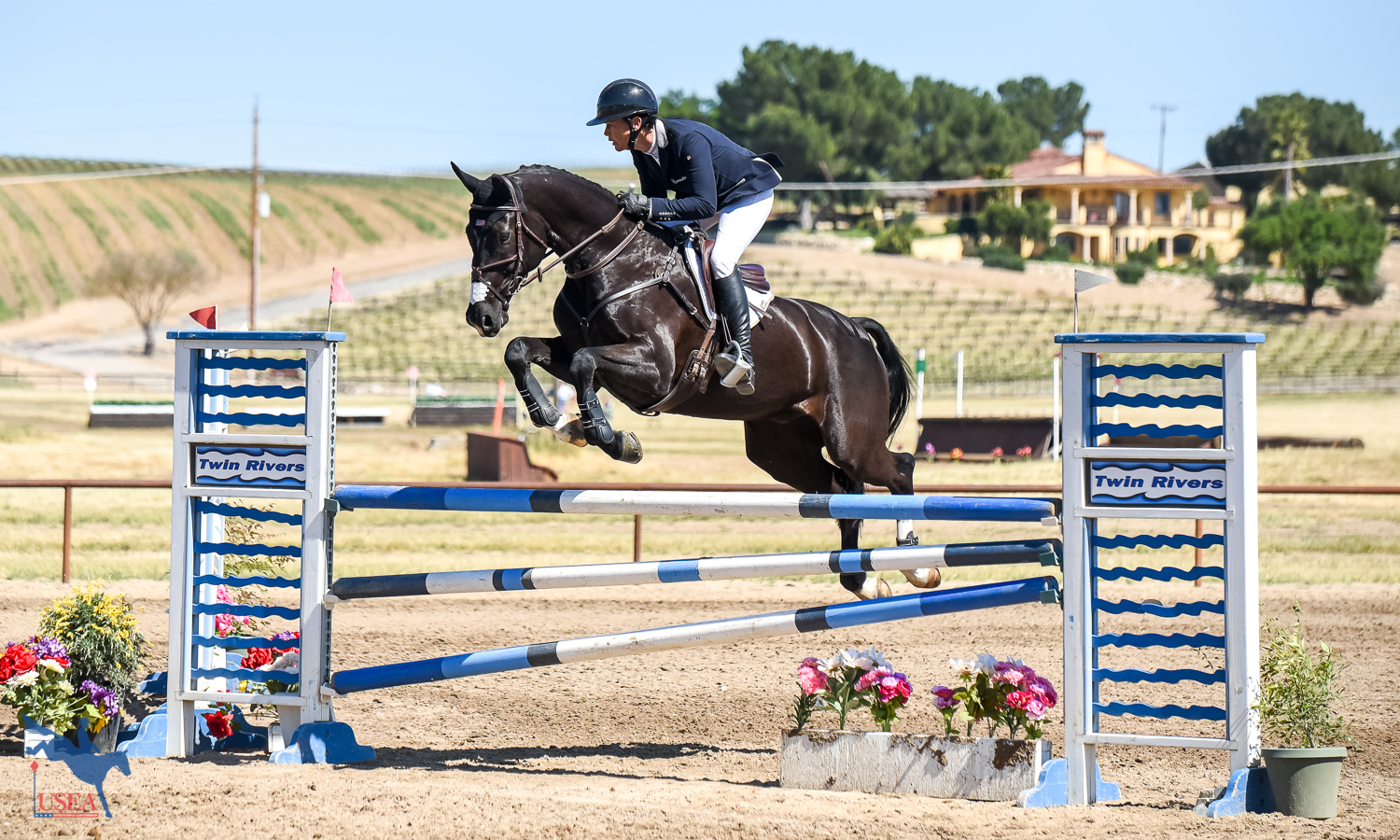
With a direct approach, Smith introduces confidence-building exercises to riders and their horses with the aim of getting riders to be more proactive in the saddle.
“My goal is to get riders feeling they don’t need to be so reactionary because they’re more proactive with their riding and with their horses.”
“At clinics, you usually only meet people who are trying to get better and I just love that about our sport - how much everyone is striving forward and trying to improve.”
“It’s so fun to see how different riders and horses conquer things. There are some horses you think will zip through an exercise and they struggle, or another that surprises you by answering every question fantastically.”
Smith’s affinity for different types of horses comes through in her own training program.
“You could say there are riders that pick horses who are similar types. That’s not how I have ever been. I have a very diverse string of horses - some are lazy, some are hot - they’re all so different. Understanding that horse training aspect helps a lot when I am teaching.”
“I take lessons myself, I am always trying to improve. I don’t think I’ve ever had a lesson where I’m told I’m doing everything right. That’s why we have lessons.”
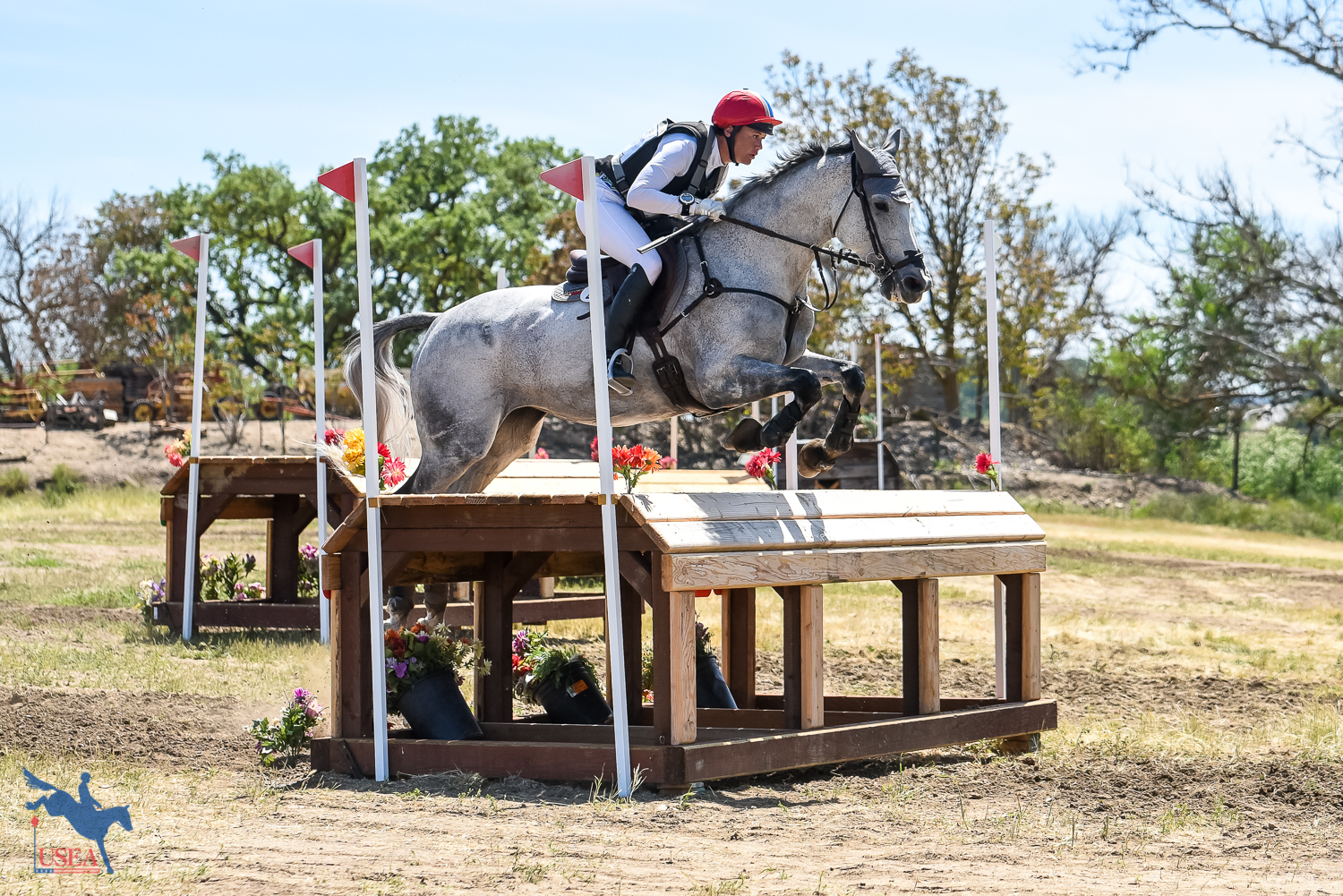
To successfully develop partnerships with so many different types of horses takes a certain set of skills. Over the years, Smith has worked diligently with a variety of trainers to strengthen any weak areas and continue to get better as a rider and horseman. Most importantly, she learned to channel her ambitions.
“Initially, I wanted to be at the top so bad. I always thought I had something to prove. After I learned I had nothing to prove and nobody cared, it took the pressure off. It made me a different horseman and a different competitor.”
“I remember talking about my plans, and saying, ‘Well, I want to do this, and go to that…’ and Derek di Grazia would ask me, ‘What’s the best thing for your horse?’ It took some time, but I learned that ultimately, nobody cares. The only pressure that exists is what you put on yourself. Eventually what happens is you get so exhausted to give up, you have no energy to care, and then it all falls into place.”
“Take the pressure off, and do what’s right for your horse, always. I learned that if you do something before you’re ready, you end up behind where you would’ve been if you had taken your time.”
“Everyone who has been part of my career has had a big influence on my thinking and riding. Even people I have ridden in a clinic with just once have really helped me. Most notably though, Kim Scheid taught me to be gritty and tough. When things weren’t going well, she taught me to not give up and to always keep trying to be better.”
“Susie Hutchison has become more of a mentor. Her approach to everything is so honest and pure . . . [Susie and Kim] have really helped shape what I have wanted to become moving forward.”
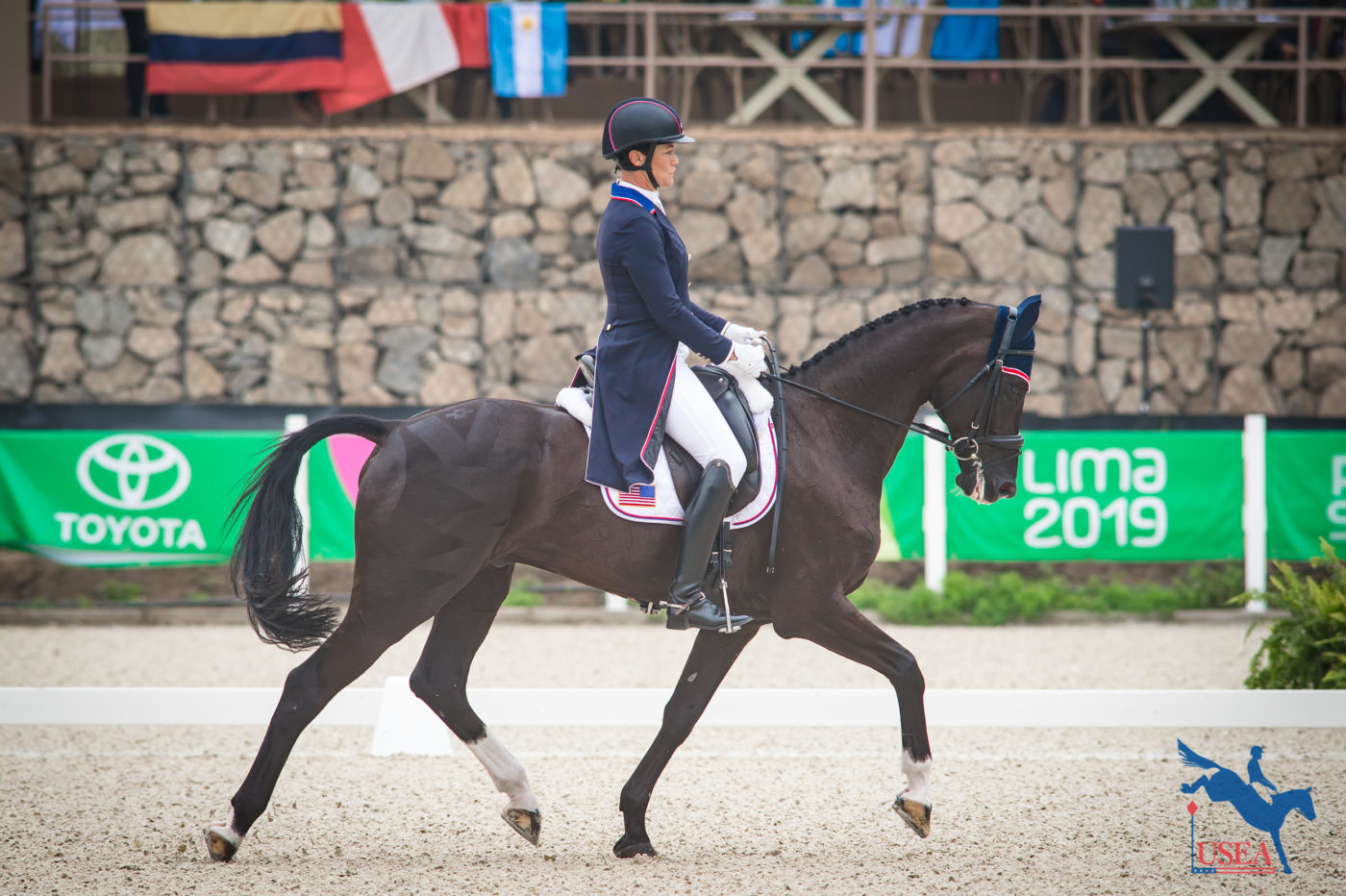
A USDF Silver and Bronze medalist who has ridden through Grand Prix, Smith spent a number of years as a teenager focused on dressage.
“Being able to do that really helped me understand so many aspects of the horse and what throughness is. That’s such a feel, and it’s something I am still working to perfect even now.”
“I have always really loved dressage and enjoyed the aspect of getting the horse really obedient, I always knew - even as a junior - it was something you always had to be good at. If you were going to win you had to start out at a good score.”
“I am fiercely competitive. I know I’m gritty enough to get through cross-country and show jumping but need to be better in dressage . . . Most recently I’ve been training with Jo Hinneman. I am super fortunate - I used to clinic with him when Niki Clarke was helping me, but now her career is really taking off so I’m riding with him more full-time. It has been so beneficial to the horses and for me. It has been career-changing . . . We’re all working to take it to the next level.”
Working together toward achievement is another theme of Smith’s program. To strike the balance between high performance eventing ambitions, a continually successful young horse development program, a busy clinic schedule, and family can present challenges, but Next Level Eventing has the right approach.
“That balance comes from having a great team behind you. Not just people, but the right people. I am super picky about who joins the program. You can have an owner who is the worst owner and it becomes a toxic situation. The girls who work for me are all hardworking and have great integrity, they communicate well, and they have each other’s backs.”
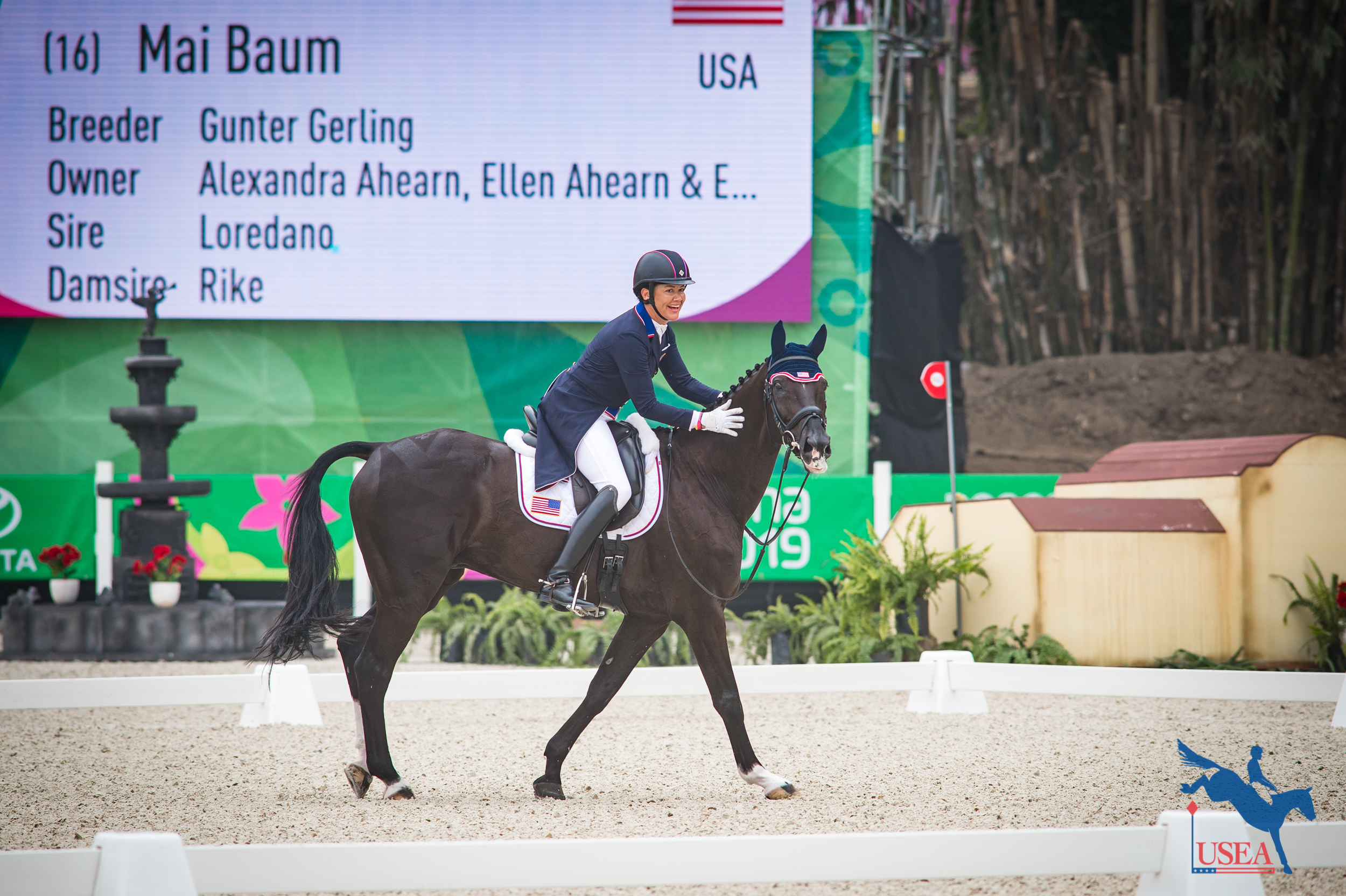

You can find upcoming opportunities with Tamie Smith on STRIDER here. For more details on Tamie Smith’s career and training program, visit www.nextleveleventing.com.


